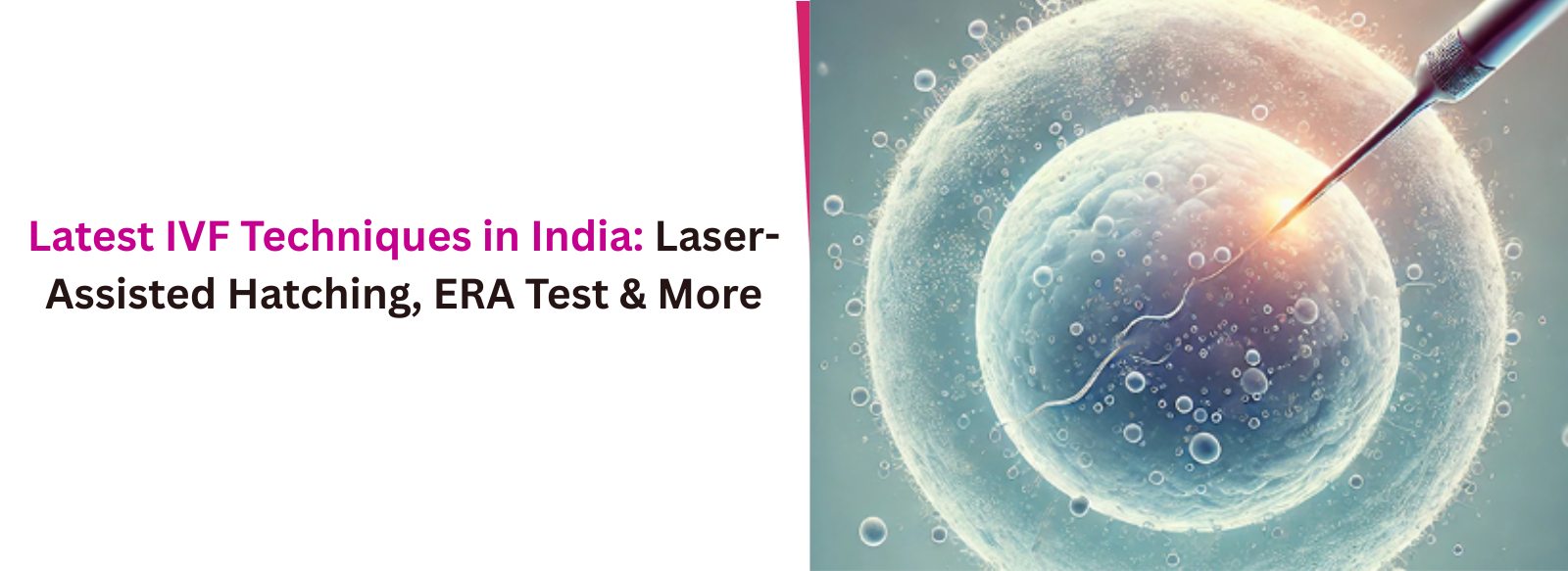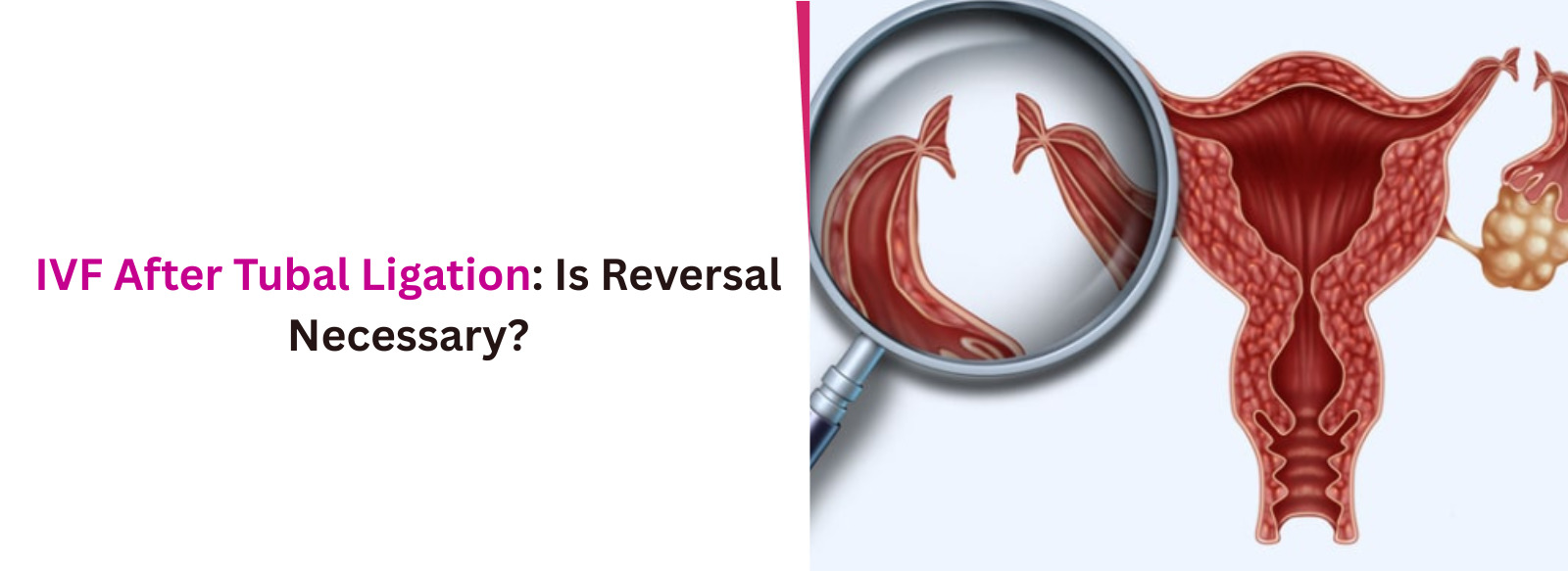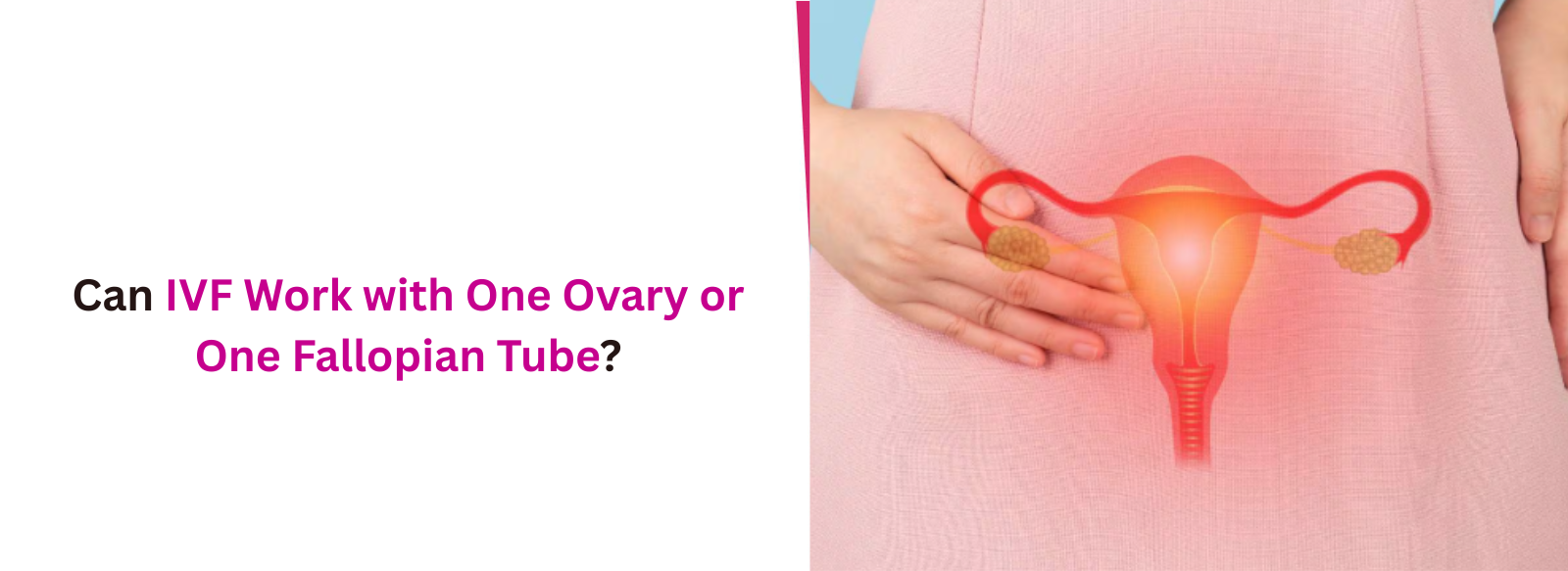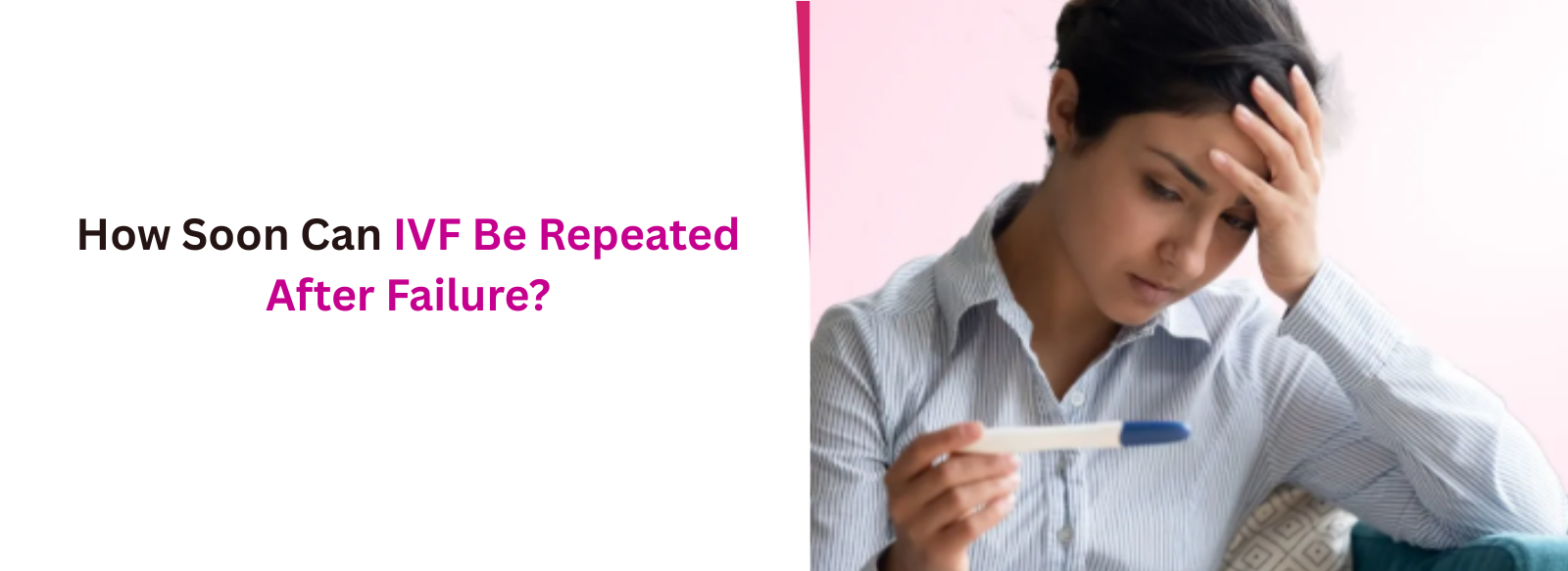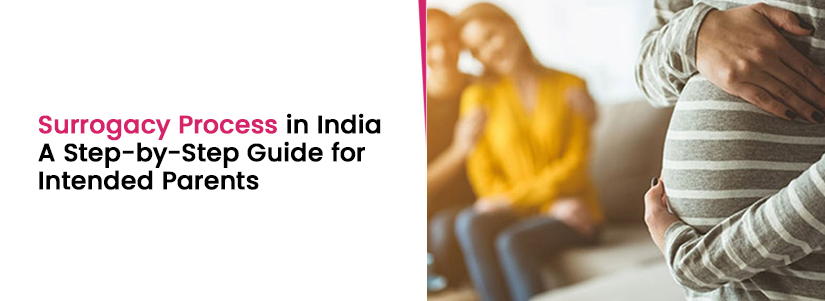
To Book an Appointment
Surrogacy Process in India: A Step-by-Step Guide for Intended Parents
Table of Contents
▼
Surrogacy in India offers hope to couples struggling with infertility. The importance rises especially when other fertility treatments like IVF or ICSI have not been successful. Governed by the Surrogacy (Regulation) Act, 2021, only altruistic surrogacy is legal in India for eligible Indian couples.
This guide is designed to help intended parents understand the step-by-step surrogacy process in India from legal eligibility to childbirth. At Vardaan Hospital, a trusted name in fertility care, our expert team has guided hundreds of families through successful IVF, ICSI, and surrogacy journeys with compassion and medical excellence. Whether you're exploring surrogacy in Jalandhar for the first time or seeking a reliable partner to support your journey, this guide will simplify every stage of the process for you.



